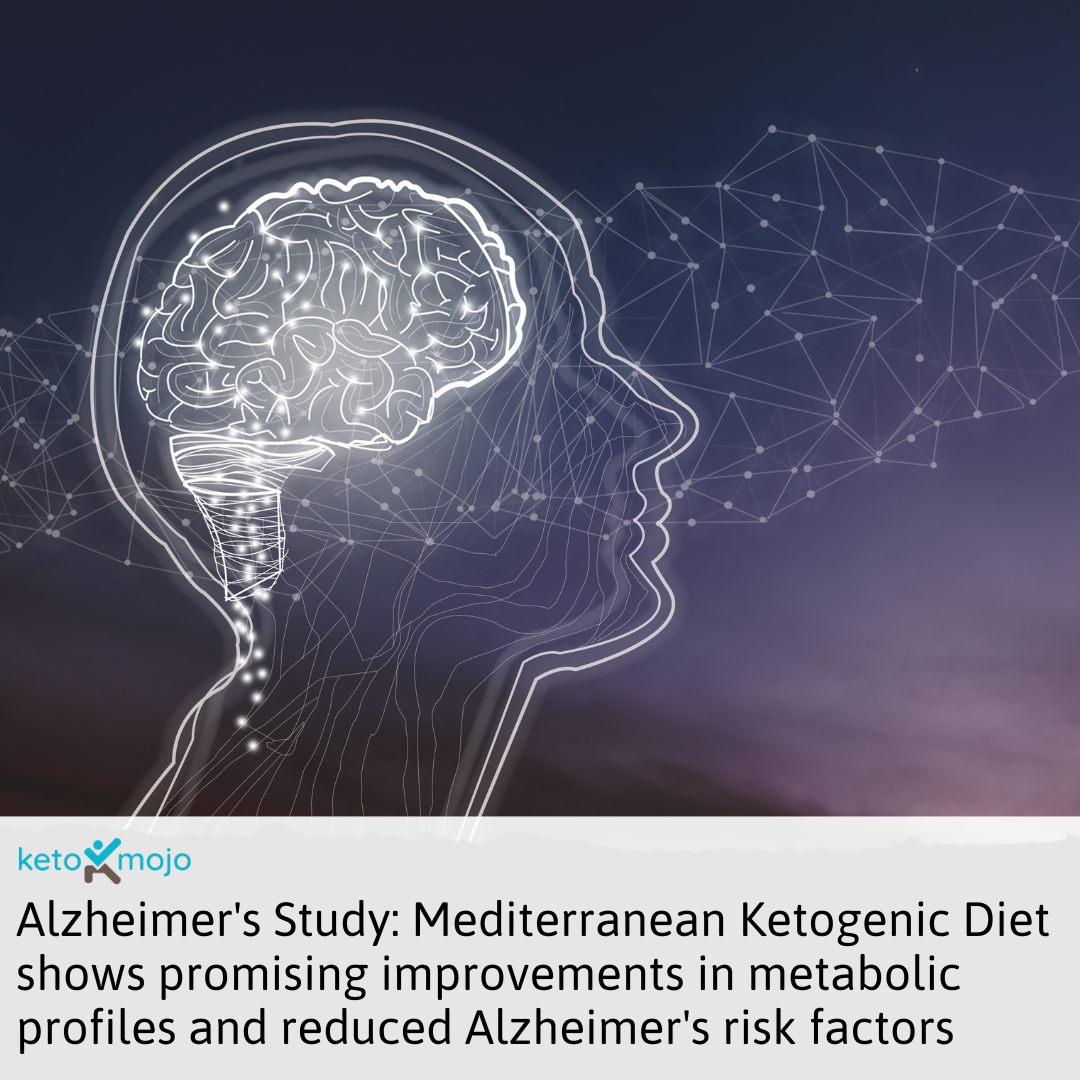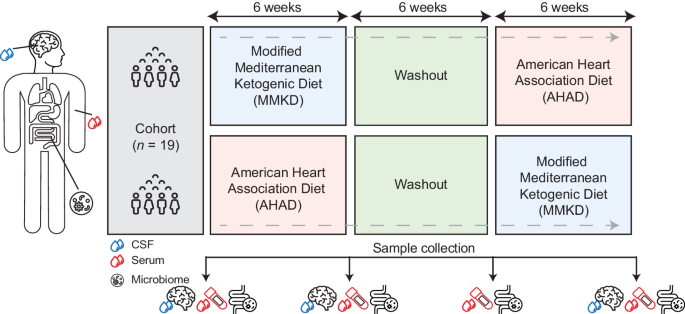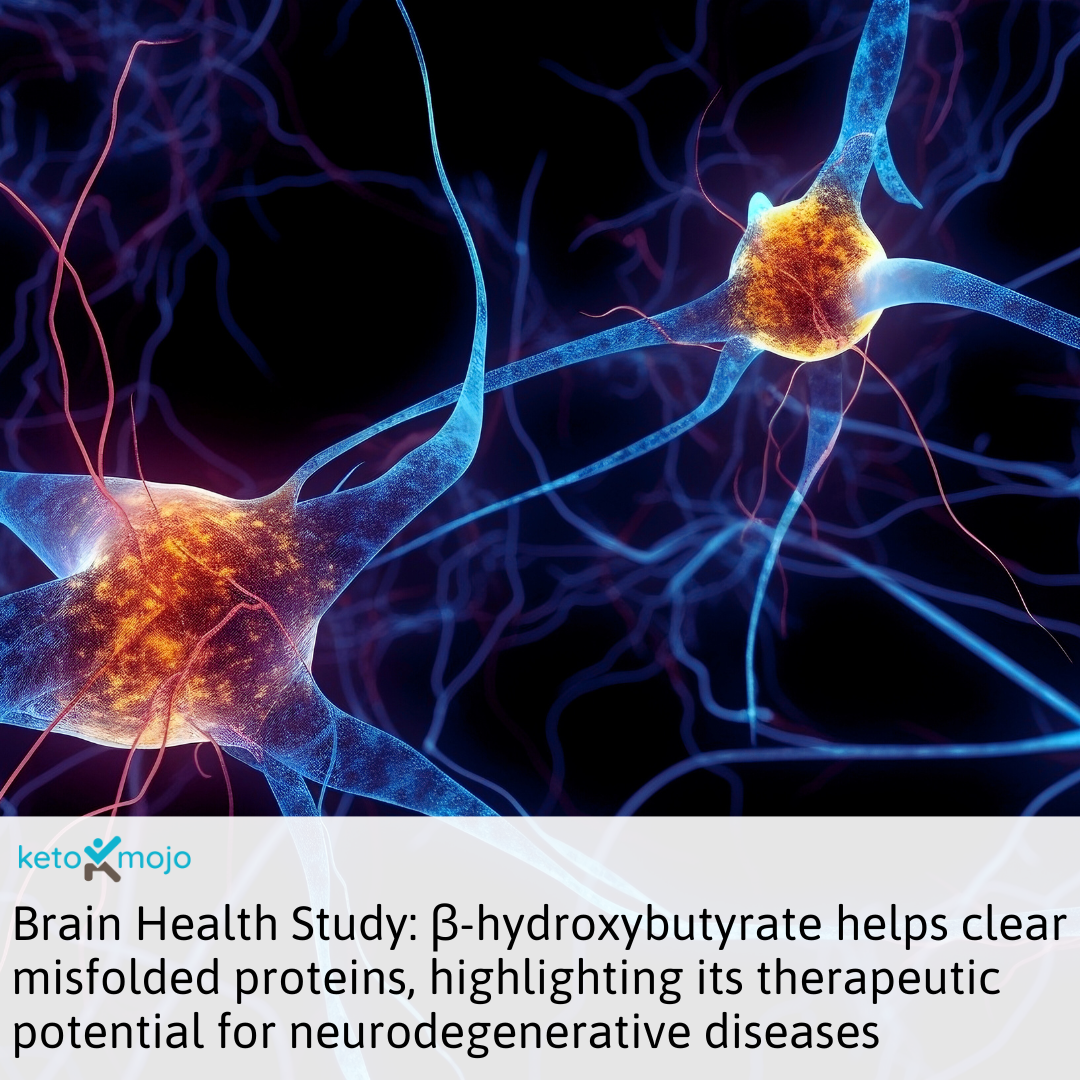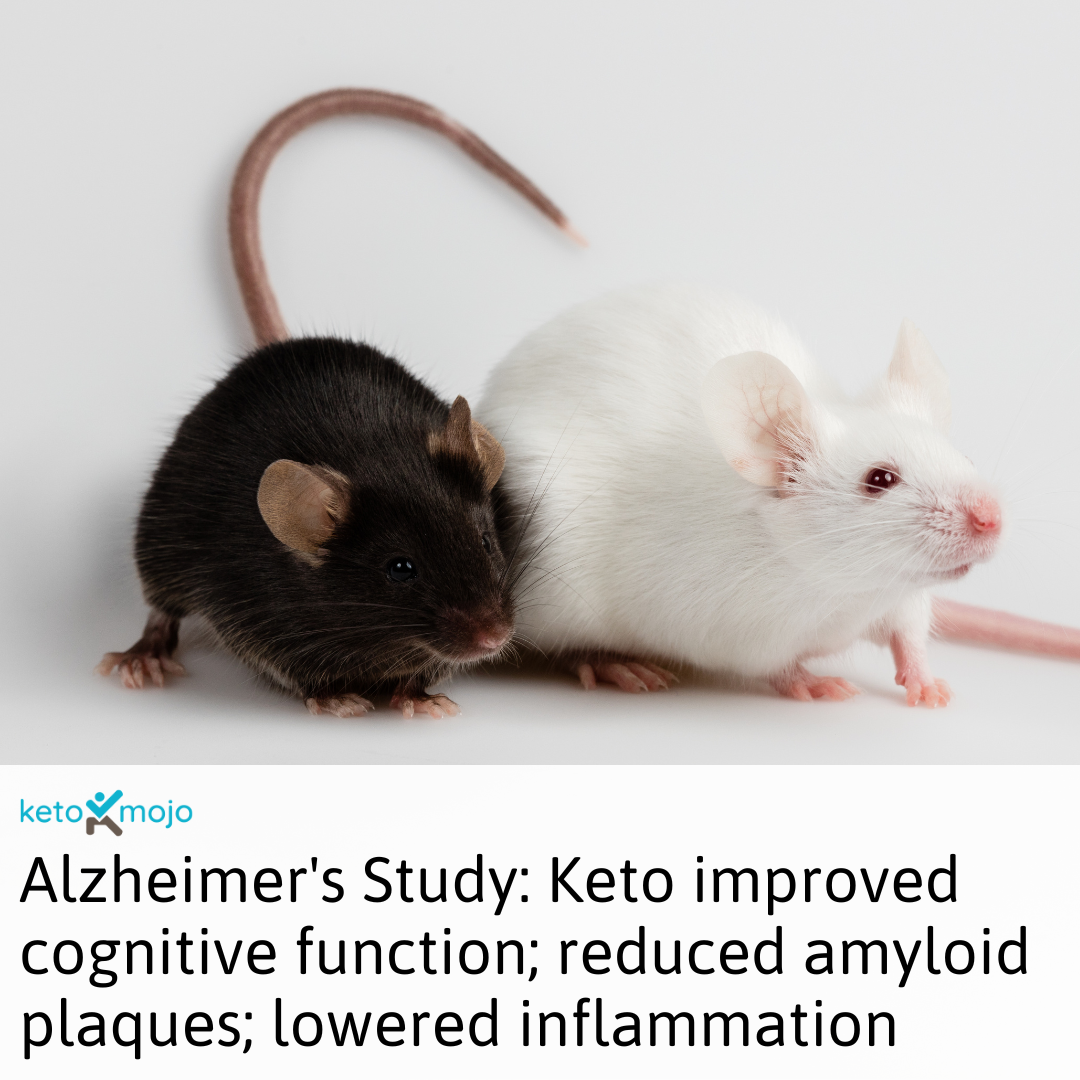General Health
Serum and CSF metabolomics analysis shows Mediterranean Ketogenic Diet mitigates risk factors of Alzheimer’s disease

Alzheimer’s disease is a progressive neurodegenerative disorder that leads to severe cognitive decline and memory loss. Despite new medications, it has no cure. Because suboptimal metabolic health can influence its onset and progression, dietary and lifestyle changes may help reduce risk.
Researchers conducted a randomized trial investigating the effects of a modified Mediterranean Ketogenic Diet (MMKD) vs. the American Heart Association Diet (AHAD) on risk factors for Alzheimer’s disease in older adults.
All 19 participants (9 with mild cognitive impairment and 10 with normal cognition) followed the MMKD and AHAD for six weeks each, with a six-week washout period in between. Nuclear magnetic resonance (NMR)-based metabolomics was used to profile serum and cerebrospinal fluid (CSF).
The AHAD did not lead to any significant metabolic changes, whereas the MMKD resulted in substantial alterations in both serum and CSF:
- Increased ketone bodies: Serum levels of acetone, acetoacetate, and 3-hydroxybutyrate significantly increased during the MMKD phase.
- Reduced levels of glycoprotein acetylation (GlycA): After the MMKD, there was a decrease in levels of GlycA, a marker of systemic inflammation linked to poorer cognitive performance in older adults.
- Improved lipid profile: The MMKD led to an increase in HDL-C and larger HDL particle sizes.
- Amino acids in CSF: The MMKD resulted in increased amino acid levels in the CSF, a breakdown of branched-chain amino acids (BCAAs), and decreased valine levels.
Researchers found a strong link between the metabolic changes in the CSF and serum, suggesting a systemic regulation of metabolism.
In this small trial, the MMKD significantly improved metabolic profiles, reducing risk factors and reversing metabolic disturbances associated with Alzheimer’s disease, while the AHAD had minimal impact.
Based on these results, a Mediterranean Ketogenic Diet holds promise in managing AD risk factors and warrants further investigation.







